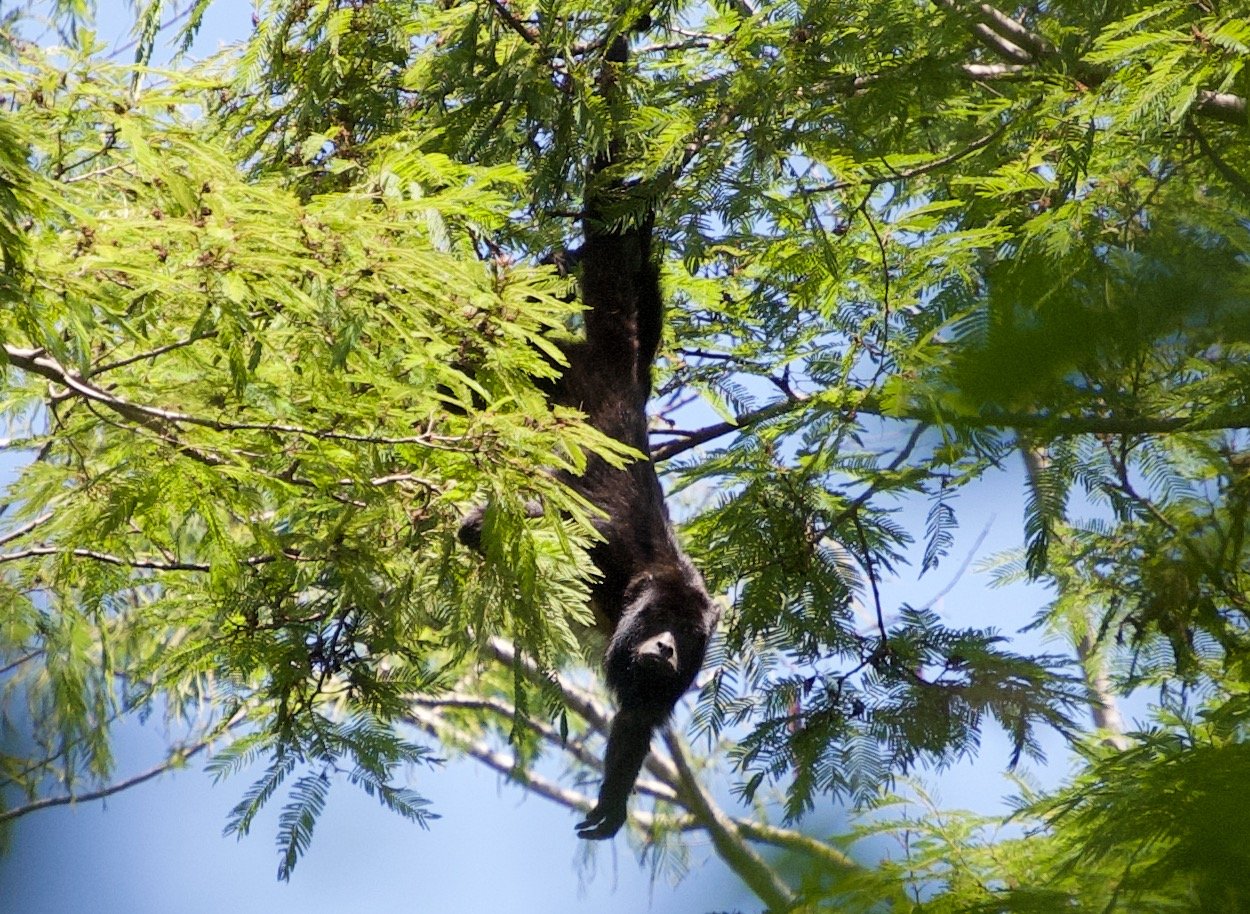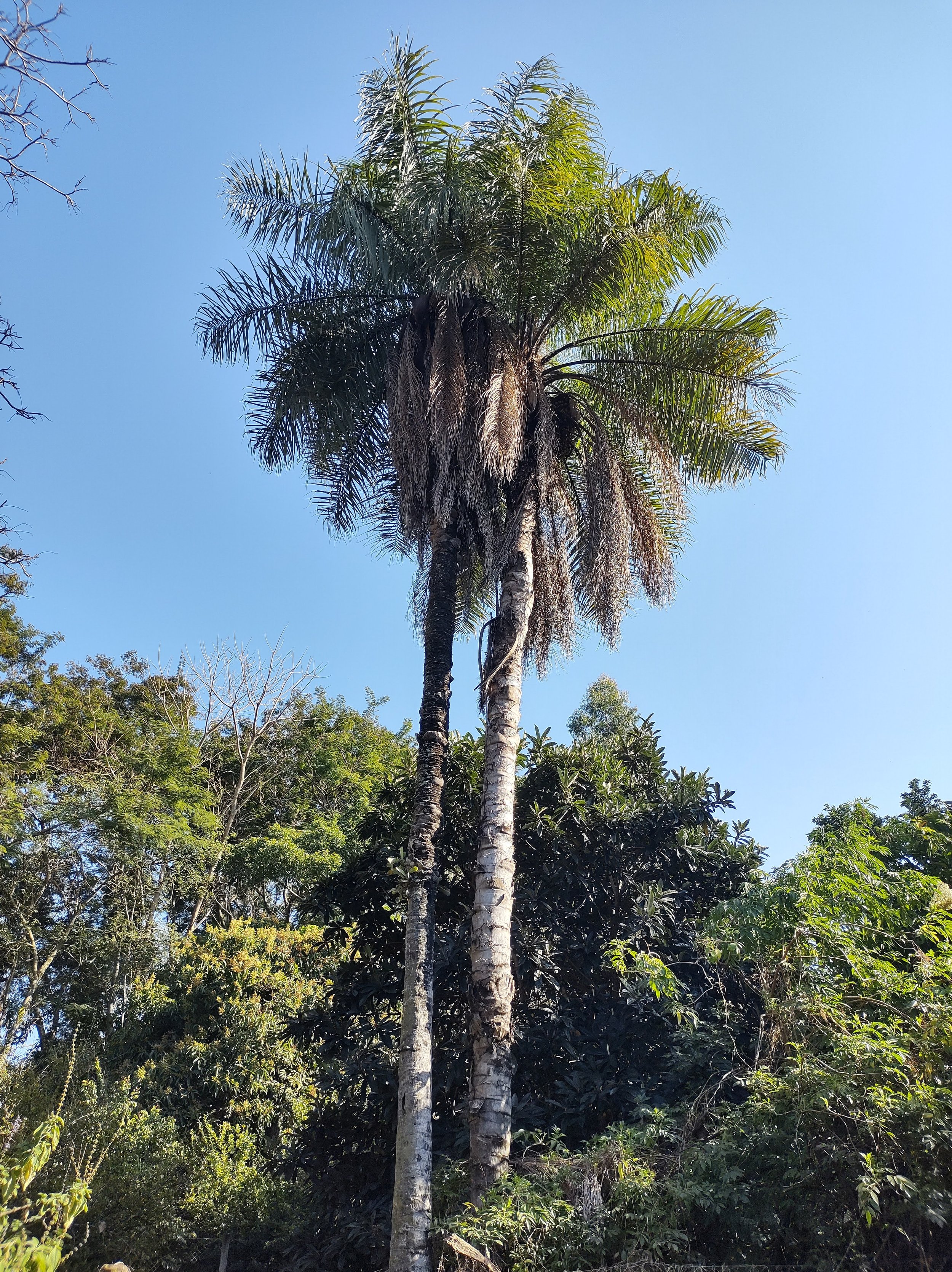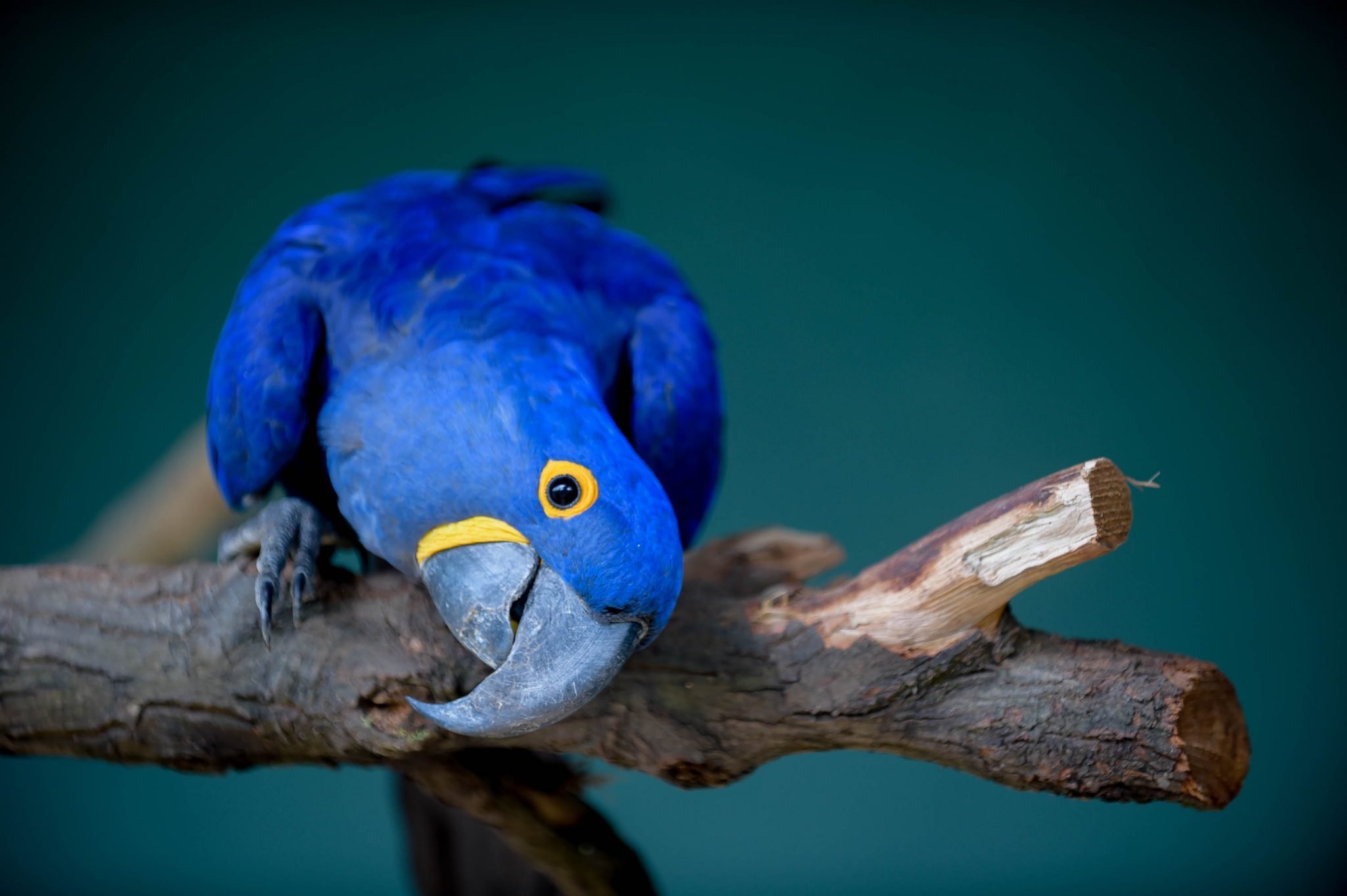Seleção Natural Platform: Defining Contributions to Biodiversity Conservation in Natural Environments
Most nations (188 nations endorsing the adoption of the Kunming-Montreal Global Biodiversity Framework for 2022) and businesses (such as the Brazilian Business Commitment to Biodiversity signed by the Brazilian Business Council for Sustainable Development - CEBDS) have made global commitments to conserving biodiversity in different locations around the world, in order to minimize the risks of production collapses and to ensure essential ecosystem services for human survival and well-being. When these commitments are made in a country like Brazil, however – with its continental stretch and massive biological diversity, and biomes ranging from forests to grasslands, from wetlands to drylands – defining what, where and how to invest resources and efforts is no easy task.
In Brazil, we have an area of approximately 277 million hectares used for agriculture (32.5% of the country’s territory) and 549 million hectares in natural areas (64.5%), approximately 53% of which are privately owned. Considering such a huge area, what is the best way to contribute to conserving natural ecosystems and wild populations? How can we plan and implement measures that don't risk being accused of “greenwashing”? How do we avoid financial investments in activities with possible negative impacts on critical ecosystems and populations?




To meet these challenges, the Seleção Natural company is developing a biodiversity platform to help the private sector – including farmers, companies owning large tracts of land, agribusiness traders and financiers – draw up robust and effective biodiversity conservation action plans and minimize investment risks. The platform prioritizes the most significant practical conservation actions, including the location, biological groups, methods and specific objectives for preserving biodiversity in a given geographical area. The work envisions discovering new populations of threatened species, ongoing monitoring of these species and the creation of protected areas for their conservation.
The platform's main objective is to prevent greenwashing by providing clear and verifiable guidelines for companies. Furthermore, by focusing on actions to optimize resources where they are most needed, the platform will not only make conservation measures more effective but will also ensure that the work targets areas most lacking in strategic conservation planning. This approach will ensure a production chain aligned with environmental conservation, to add even more value to its products and enable access to benefits such as green bonds, CPR Verde (Green Rural Product Certificates), specific certifications, affordable rural credit lines with better conditions, as well as subsidies to obtain carbon and biodiversity credits.
The Seleção Natural biodiversity platform has the potential to help agribusiness meet global sustainability goals, enhancing its relationship with conservation agendas. With this platform, the private sector will be able to play an important role in biodiversity conservation, aligning its practices with international guidelines and helping achieve the objectives of maintaining ecosystem services essential to production chains, while minimizing climate risks and biodiversity collapses.

